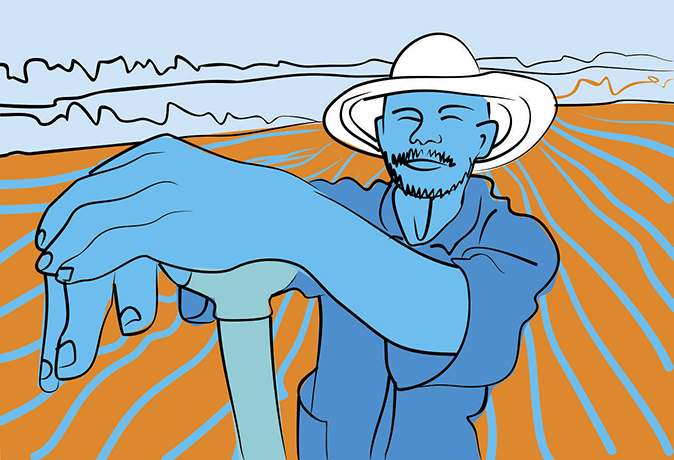
Rural Workers
The concept of a rural worker is widely discussed in Brazil, since it was artificially constructed by legislation and, today, can not encompass all the characterizations of workers in the countryside, since many are understood as rural wage earners, family farmers, landless, settlers and peasants.
The definitions of Brazilian legislation distinguish workers and rural workers from those who work in the field and those who work individually or in the family economy, regardless of whether or not they own the land used for cultivation. Brazilian law considers, for the purposes of public policies, extractivists, artisanal fishermen, indigenous peoples and quilombolas as family farmers.
In a country marked by the concentration of land and latifundia and also by a large scale production model, rural workers are constantly deprived of their rights when subordinated to the means of production of landlords, and also face many challenges in order to achieve their Mode of production. The violations that take place in the territories are hidden and backed by an economic and political power, creating a scenario of total absence of the State in guaranteeing the rights of these workers and workers.

